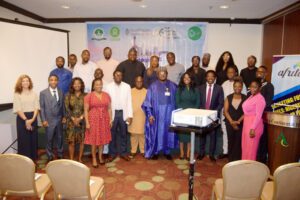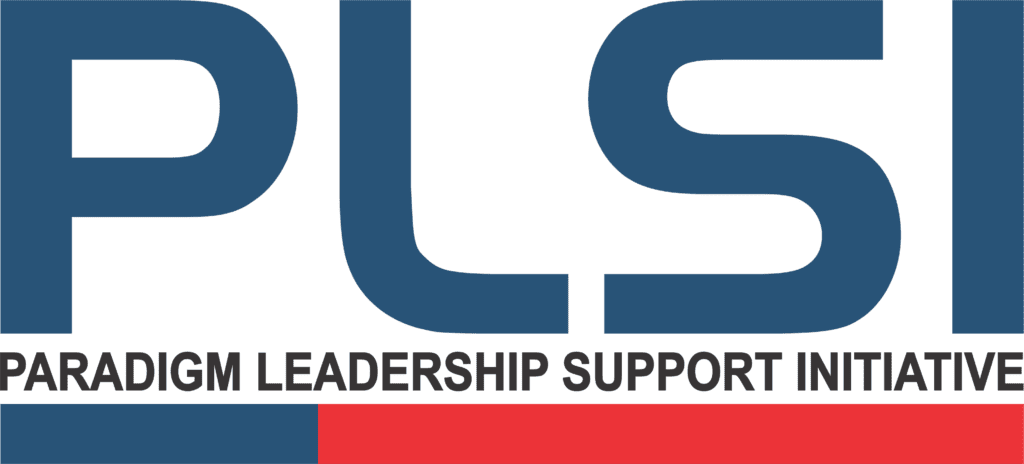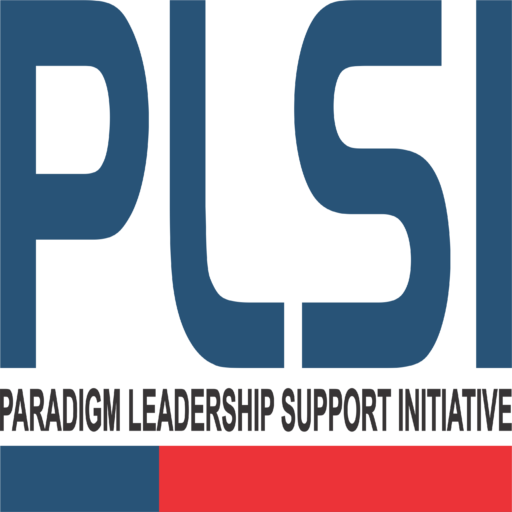Nigeria, being one of the world’s top gas producers[1], has initiated the “Decade of Gas” policy to utilize its vast natural gas resources for economic growth[2]. This policy, which started in 2021 and will span until 2030, aims to expand the production of natural gas and promote its diversified utilization, particularly in power generation, industrial applications, and transportation.
However, despite the policy’s ambitious goals, there is a lack of publicly available information and transparency regarding its implementation and effectiveness. This lack of transparency has raised concerns about the policy’s alignment with broader developmental goals, such as creating jobs, reducing poverty, and boosting the country’s industrialization.
Considering this, it is essential to critically assess the policy’s implementation and outcomes so far and make the necessary adjustments to ensure its successful execution. If done right, the “Decade of Gas” policy could significantly contribute to Nigeria’s socio-economic development and enhance its global competitiveness in the gas sector.
On August 14th, 2023, a Policy Dialogue was held by the African Initiative for Transparency, Accountability, and Responsible Leadership (AfriTAL) and the Natural Resource Governance Institute (NRGI) to discuss Nigeria’s Decade of Gas Plan. The forum aimed to identify and address the transparency and implementation challenges faced by the gas policy. The event brought together government officials, civil society organizations (CSOs), and energy experts who presented their views and engaged in panel discussions and other stakeholder interactions.

A major concern was raised about the lack of information available regarding the alignment of Nigeria’s Decade of Gas Policy with the country’s broader developmental plans, Nationally Determined Contribution (NDC), and evolving energy transition objectives. The dialogue highlighted the challenges associated with the decreasing financing for natural gas projects worldwide, especially in the context of a global shift towards environmentally sustainable projects. It was noted that, despite an estimated USD 80 billion earmarked for various gas-to-power projects in Nigeria, only a small fraction of USD 1 billion has been committed[3], with many projects still stuck in prolonged negotiation stages.
During the discussion, the potential benefits of clean cooking gas were thoroughly discussed, with a focus on its ability to significantly increase the use of natural gas in Nigeria. It was emphasized that clear and concise explanations of the process for using clean cooking fuels are necessary. Moreover, it was suggested that exploring the use of gas as a feedstock for blue hydrogen production could be a strategic option to further increase natural gas demand. However, concerns were raised about the existing gas infrastructure, including pipelines, due to poor installation and maintenance. This has resulted in leaks and explosions that pose significant risks to local communities. Therefore, the expansion of gas, if not done within an environmentally sustainable framework, could lead to increased pollution, adversely impacting human health and biodiversity.
The power sector, as a significant consumer of natural gas, is facing several challenges related to market viability and project bankability. The complexities involved in the payment dynamics between Distribution Companies (DisCos) and Generation Companies (GenCOs) have created an intricate challenge within the sector. To address this challenge, there is an urgent need for the Nigerian government to publish a comprehensive, cost, realistic, and detailed Decade of Gas Policy that outlines clear milestones. Such transparency is critical to steer Nigeria towards a sustainable energy future. Furthermore, a balanced review of the Nigerian Gas Flare Commercialization Programme (NGFCP) is warranted to discern the failures and pave the way for improvements. Understanding the intricacies of past stumbling blocks is vital for a more effective implementation moving forward.
The integration of community interests into Nigeria’s gas expansion plans emerged as a crucial resolution. This approach seeks to minimize environmental impacts and ensure marginalized groups, including women and youth, benefit from employment opportunities and health improvements. The need for heightened engagement from Civil Society Organizations (CSOs) and the media was emphasized. Advocacy efforts to drive awareness and encourage public discourse on the Decade of Gas Policy are pivotal for fostering accountability and transparency.
As Nigeria grapples with the challenges and opportunities presented by its Decade of Gas Policy, the call for transparency and comprehensive accountability echoes louder than ever. The nation stands at a crossroads, where informed decisions, collaborative efforts, and a commitment to inclusive development will determine the success of its gas expansion endeavors. The Policy Dialogue catalyzed change, but the path forward demands sustained engagement, robust policy adjustments, and an unwavering dedication to transparency, ultimately ensuring that Nigeria’s gas ambitions align seamlessly with its developmental trajectory.
[1] https://leadership.ng/nigeria-ranks-8th-among-countries-with-biggest-gas-reserves/
[2] https://african.business/2021/04/energy-resources/buhari-announces-nigerias-decade-of-gas
[3] https://punchng.com/investors-commit-1bn-to-gas-to-power-projects/
Join us at PLSI as we continue to push the boundary of accountability further!
Written by:

Kolawole Kolade – Program Officer at PLSI

